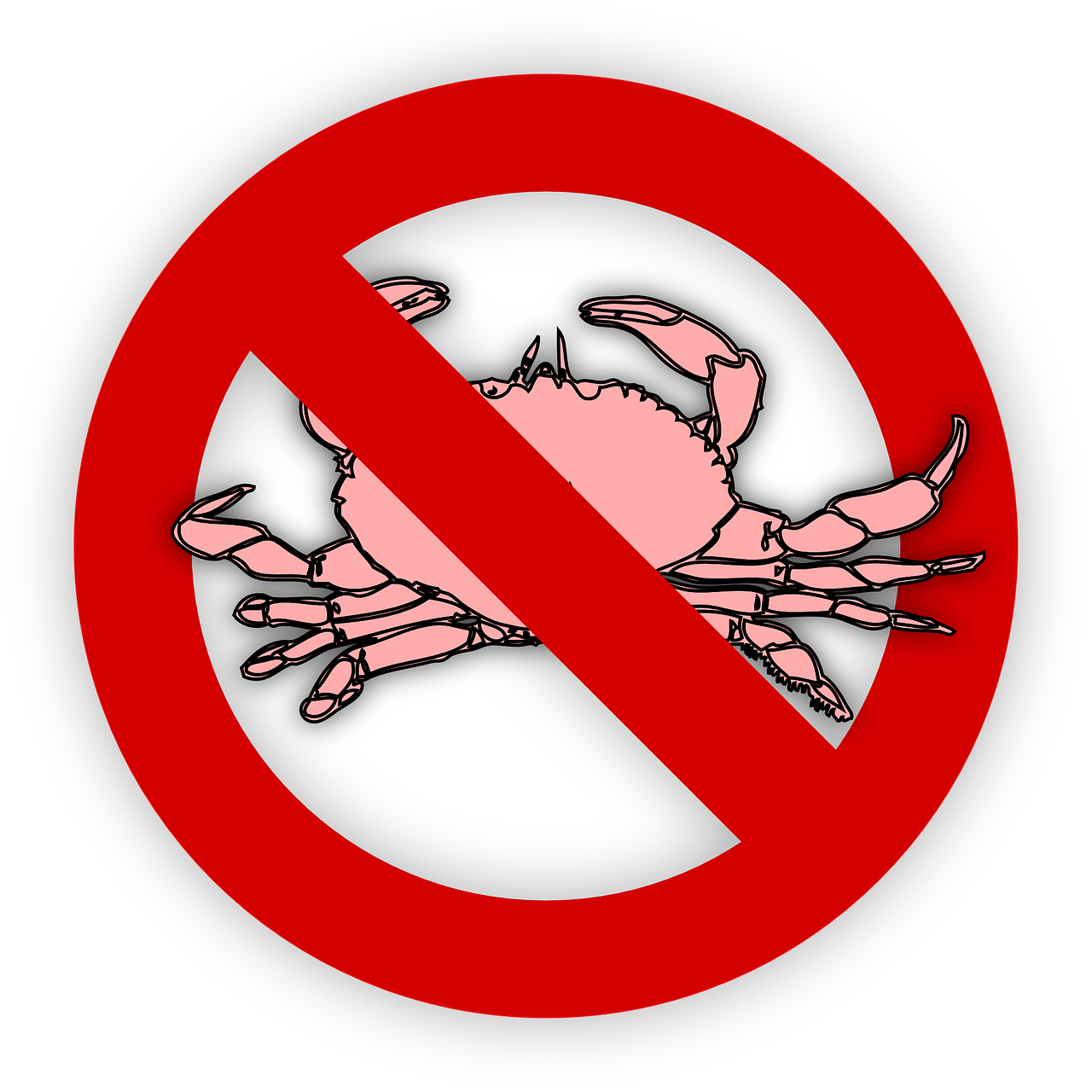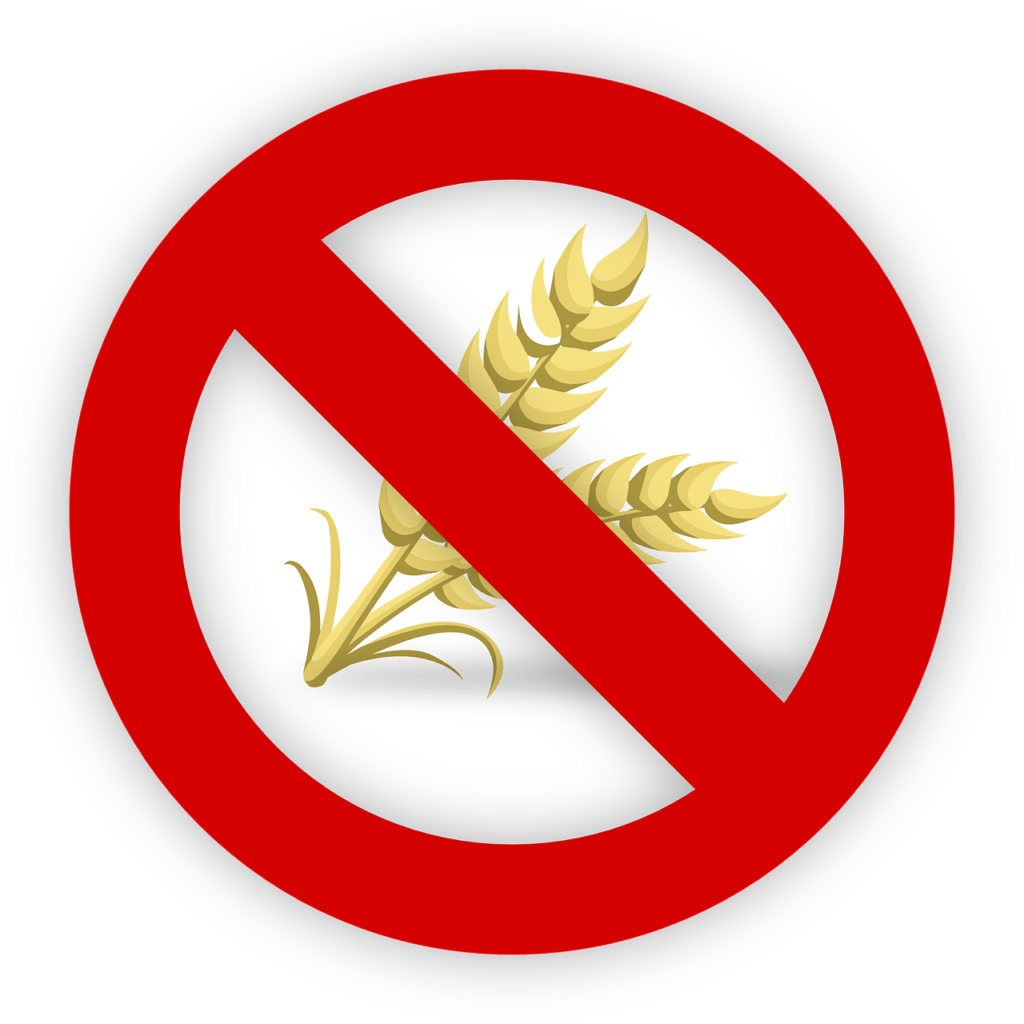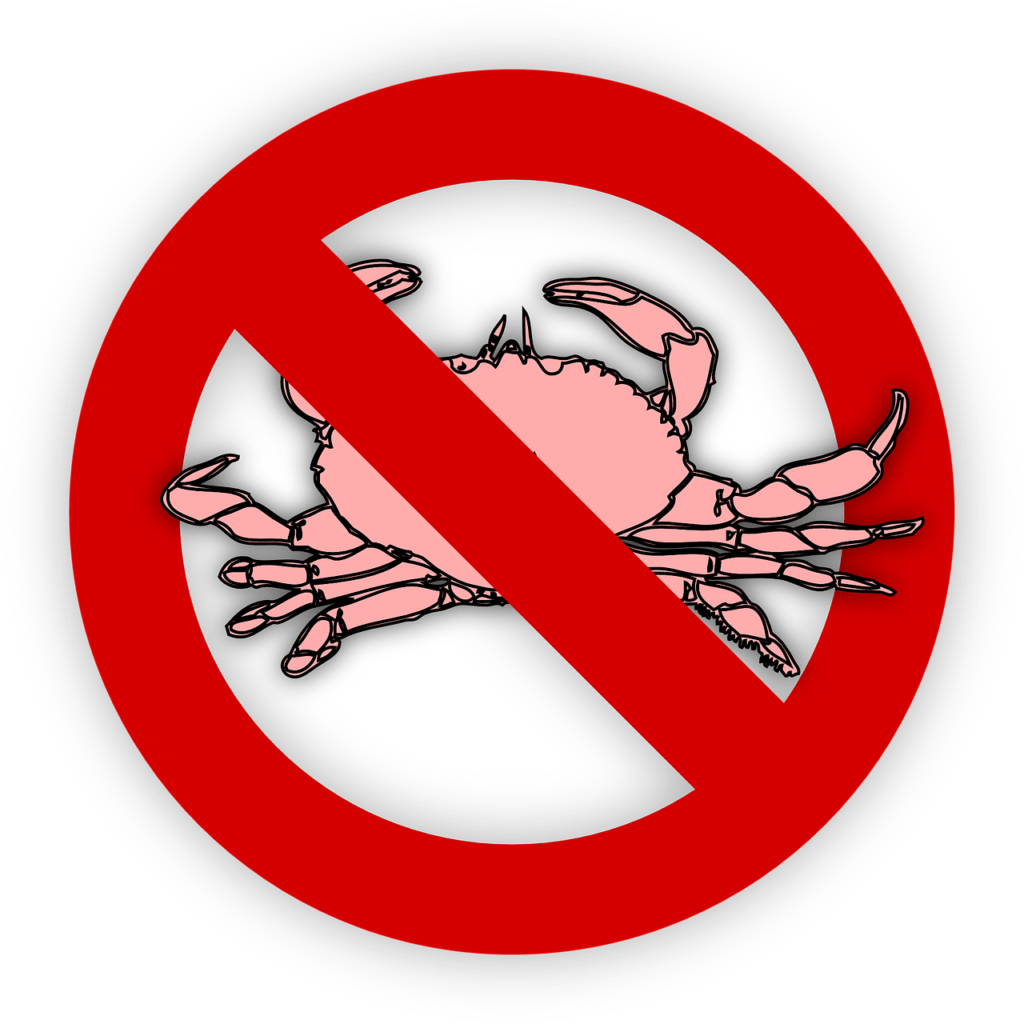
When your furry friend has allergies, choosing the right diet is crucial for their comfort and health. “Dietary Considerations for Dogs with Allergies” offers practical guidance to help you navigate the often overwhelming world of canine nutrition. From understanding the specific health needs of your dog to exploring natural dog remedies, supplements, and specialized dog food, this article has you covered. You’ll learn about essential nutrients, omega-3 fatty acids, and other ingredients that support skin and coat health, joint health, and overall well-being. By consulting with a veterinarian and selecting high-quality, tailored dietary options, you can help ensure your dog enjoys a happy, itchy-free life. Have you ever noticed your dog scratching more than usual or dealing with persistent digestive issues? Could these symptoms indicate an allergy? Dogs, just like humans, can suffer from allergies that wreak havoc on their overall well-being. These allergies often require significant dietary considerations to ensure your furry friend remains happy and healthy.
Understanding Allergies in Dogs
Allergies in dogs can manifest through a variety of symptoms, including itchy skin, ear infections, and digestive problems. While some dogs may experience only mild discomfort, others can endure severe reactions that compromise their quality of life. Identifying and addressing the root cause can make a world of difference for your pup.
Common Allergens
Dogs can be allergic to a range of environmental factors and food ingredients. Some common allergens include:
- Environmental Allergens: Pollen, dust mites, mold spores, and grasses.
- Food Allergens: Beef, chicken, dairy, wheat, soy, and corn.
Pinpointing the specific allergen can be challenging, but it is crucial for effective treatment.
Importance of Diet in Managing Allergies
Diet plays a significant role in managing canine allergies. A well-balanced, hypoallergenic diet can reduce or eliminate symptoms, ensuring your dog’s health and happiness. This often requires a close look at what you are currently feeding your dog and making necessary adjustments under the guidance of a veterinarian.
Hypoallergenic Dog Foods
Hypoallergenic dog foods are specially formulated to minimize allergic reactions. They often use novel protein sources and avoid common allergens. Ingredients like venison, duck, and sweet potatoes are frequently used in these special diets.
Benefits of Hypoallergenic Dog Foods
- Reduced Allergic Reactions: By avoiding common allergens, these foods help in minimizing the symptoms.
- Improved Digestion: Often made with easily digestible ingredients, they can benefit dogs with sensitive stomachs.
- Healthy Skin and Coat: Ingredients that support skin health, like omega-3 fatty acids, can lead to a shinier coat and less itching.
To make it easier for you, here is a comparison table of common vs. hypoallergenic ingredients:
| Common Ingredients | Hypoallergenic Alternatives |
|---|---|
| Chicken | Duck |
| Beef | Venison |
| Wheat | Sweet Potato |
| Corn | Peas |
| Soy | Potato |

Supplements to Aid Canine Allergies
Aside from a specialized diet, dietary supplements can offer additional support. These supplements often contain essential nutrients that bolster your dog’s immune system and overall health.
Popular Supplements for Dogs with Allergies
- Omega-3 Fatty Acids: Known for their anti-inflammatory properties, Omega-3 fatty acids help maintain healthy skin and coat.
- Probiotics: These beneficial bacteria support digestive health and can improve immune function.
- Glucosamine and Chondroitin: Commonly used to support joint health, these supplements can also help dogs with allergies by reducing inflammation.
- Multivitamins: Providing essential nutrients that might be missing from your dog’s diet.
Benefits of Using Supplements
- Supports Overall Health: Supplements can help address nutritional gaps and support your dog’s overall health, including immune and joint health.
- Enhanced Skin and Coat Health: Supplements like Omega-3 fatty acids can lead to healthier skin and a shinier coat.
- Improved Digestive Function: Probiotics can help maintain a healthy balance of gut bacteria, which is crucial for dogs with digestive issues related to allergies.
Here’s a handy table summarizing the benefits of popular supplements:
| Supplement | Benefits |
|---|---|
| Omega-3 Fatty Acids | Anti-inflammatory, healthy skin, and coat |
| Probiotics | Improved digestion, enhanced immune function |
| Glucosamine and Chondroitin | Joint health, reduced inflammation |
| Multivitamins | Nutritional support, complete and balanced health |
Veterinary Care and Diagnostics
Consulting with your veterinarian is crucial when dealing with allergies in your dog. They can help you identify the allergens through various diagnostic tests and recommend an appropriate treatment plan.
Diagnostic Tests
- Allergy Testing: Skin tests or blood tests to identify specific allergens.
- Elimination Diet: A trial diet to determine the specific food component causing the allergy.
Treatment Plans
- Medications: Antihistamines or steroids to relieve symptoms.
- Immunotherapy: Allergy shots to desensitize your dog to specific allergens.
- Dietary Changes: Tailored diet plans to avoid allergens and manage symptoms.

Canine Wellness Supplements
Wellness supplements offer comprehensive support for your dog’s health beyond just allergy management. These supplements are designed to support various aspects of your dog’s health, ensuring they live a long, happy, and active life.
Types of Wellness Supplements
- Joint Health Supplements: Essential for older dogs or those prone to joint issues.
- Skin and Coat Supplements: To keep your dog’s skin healthy and coat shiny.
- Digestive Health Supplements: Support for maintaining a healthy digestive system.
Choosing the Right Supplement
Look for supplements with high-quality ingredients and those that come with certifications like the NASC Quality Seal, signifying they meet high standards of manufacturing and safety.
Natural and Organic Dog Health Products
Many dog owners prefer natural and organic products for their pets. These products often use fewer artificial ingredients and preservatives, which can be beneficial for dogs with allergies.
Benefits of Natural Dog Remedies
- Fewer Allergens: Reduced risk of reactions thanks to the absence of synthetic ingredients.
- Holistic Health: Often supports overall well-being in a natural way.
- Sustainable Choices: Typically sourced and produced with environmental consciousness.
Organic Health Product Examples
- Organic Dog Food: Made with organic ingredients, free from pesticides and GMOs.
- Herbal Supplements: Herbal blends designed to support various health aspects.
- Natural Flea and Tick Prevention: Organic options to traditional chemical treatments.

Best Practices for Owners of Dogs with Allergies
As a responsible dog owner, there are several steps you can take to manage your dog’s allergies effectively.
Regular Veterinary Visits
Consistent check-ups with your vet are essential for monitoring your dog’s condition and adjusting treatment plans as needed.
Careful Monitoring and Record-Keeping
Keep track of your dog’s symptoms, diet, and any reactions to new foods or environments. This information can be invaluable in identifying allergens and managing your dog’s allergy.
Proper Hygiene and Grooming
Regular bathing and grooming can help control environmental allergens like dust and pollen. Use hypoallergenic shampoos and conditioners to avoid skin irritation.
Incorporate a Balanced Diet
Feeding a balanced, hypoallergenic diet designed to meet all of your dog’s nutritional needs is crucial. Avoid common allergens and provide a variety of beneficial ingredients.
Use High-Quality Supplements
Integrate high-quality supplements that address your dog’s specific health needs, such as joint health or skin conditions.
Provide a Clean Living Environment
Ensure your dog’s living space is clean and free of potential allergens. Regularly clean bedding, toys, and common areas.
Conclusion
Managing a dog with allergies requires a multifaceted approach that includes dietary considerations, proper supplementation, and regular veterinary care. Every dog is unique, and their allergies can vary significantly. Through careful observation, a well-planned diet, and the use of appropriate supplements, you can help your dog live a comfortable, healthy life.
Remember, always consult with your veterinarian before making any changes to your dog’s diet or starting new supplements. Their expertise and guidance will ensure that your efforts are tailored specifically to your dog’s needs, supporting their overall health and well-being.
Your furry friend deserves the best care, and with the right approach, you can help them thrive despite their allergies. Happy, healthy pups make for happy owners!







